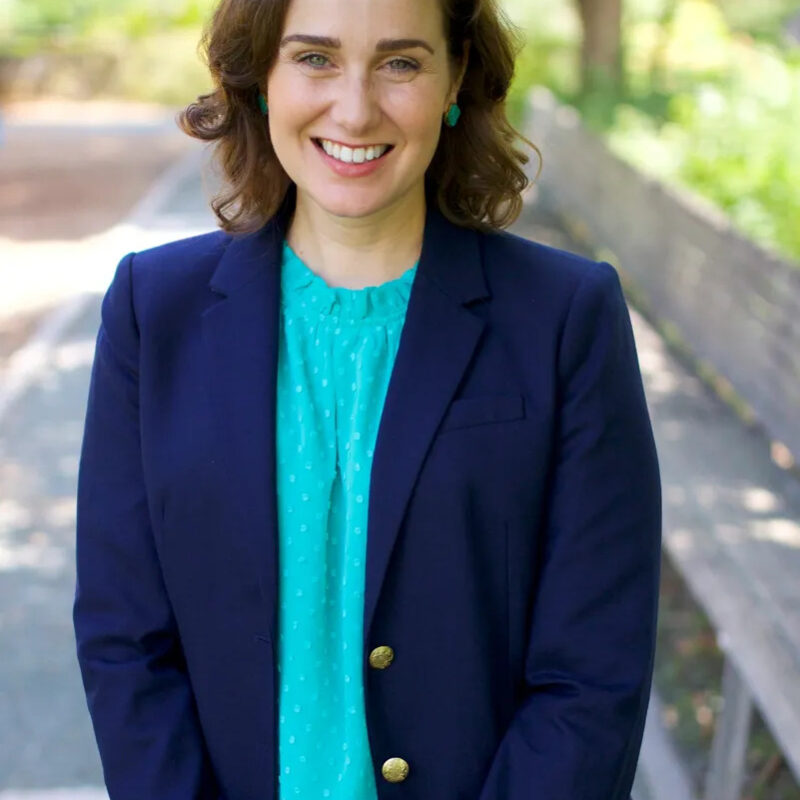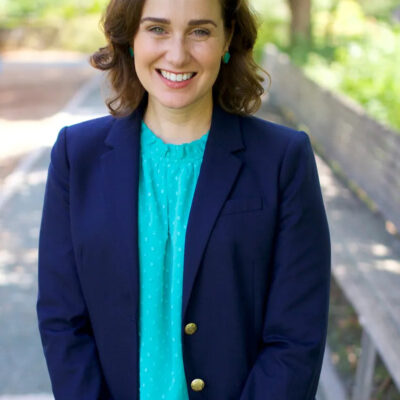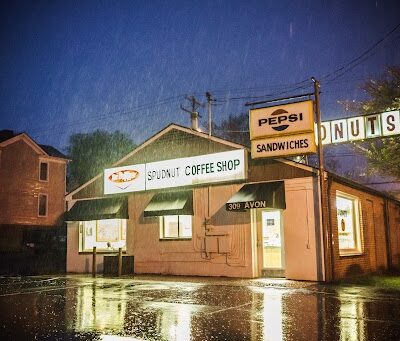| More features:
Your dinner starts now Local CSA farms |
As a movement, local food ain’t all sweetness and light. The recent legal troubles of Double H farm —and the righteous indignation of its supporters, both covered extensively in C-VILLE—prove that. And as a growing sector of the agricultural scene, the CSA community harbors its own rumblings of discontent. One controversy in particular centers on Horse & Buggy Produce.
Though it has sold “shares” for several years, Horse & Buggy is not a CSA. Rather, owner Brett Wilson—a distributor, not a grower—delivers to his members a selection of vegetables and other products from 100-plus farms, many of them Mennonite-owned and located in the Shenandoah Valley. (Here at C-VILLE, we debated about including Horse & Buggy on our CSA list and ultimately decided not to; if you want to contact the company, visit horseandbuggyproduce.com or call 284-1084.) On the Horse & Buggy website, along with descriptions of Wilson’s close ties to the Mennonite farmers he buys from, is this slogan: “Local, spray-free produce for homes, restaurants and caterers.” Critics question both of those first two terms.
First, there’s the matter of locality. Carroll Ann Friedmann, a shareholder in Ploughshare Community Farm, charges that Wilson buys produce in wholesale lots, and that such food might come from “as far away as Pennsylvania.” She’s echoed by Ploughshare farmer Tony Lagana, who says bluntly, “There’s no way in hell he’s local.”
Wilson told C-VILLE that the vast majority of his produce comes from within 100 miles of Charlottesville, though in another interview, he gave 150 miles as the figure. He also says that he does buy from a Mennonite co-op market, the Shenandoah Valley Produce Auction, but that most of his produce comes straight from the farm—especially a cluster of Mennonite farms near Dayton—or is delivered to his warehouse by the growers. Both Wilson and his operations manager, April Muniz, told us that nonlocal items are the exception in what they deliver to members. “We on occasion will get some fruit from another state,” Muniz says, mentioning a time last year they got some blueberries from New Jersey. “If we have nonlocal produce, we notify our customers.” It comes down, apparently, to a matter of trust.
The second sticking point is the question of how the produce is raised. It’s not unusual for farmers, Mennonite and otherwise, to shun the expense, time and bureaucracy of organic certification, though they may be growing organically. Despite common assumptions, though, Mennonite farming methods are not necessarily organic. Wilson says that’s the case with his suppliers, but says also that the term “no-spray” deserves an asterisk: “On occasion they need to spray and we disclose that to our subscribers.” But organic certification isn’t just about the spraying of pesticides; it also encompasses fertilization methods. Wilson acknowledges that many Horse & Buggy suppliers do use chemical fertilizers rather than horse or chicken manure, out of fears of E. coli, he says. “The reality is they feel comfortable” with chemical fertilizers, he says, adding that the organic alternatives are too expensive.
Critics say the origin of Horse & Buggy produce is too opaque, and even that Wilson is misleading customers. “He has no way of keeping tabs on farmers he’s buying from,” says Friedmann. But Wilson says that trust is the key to his business, as it is to other local-food interactions. “How can you guarantee organic is organic?” he asks. “[My farmers] are not going to lie to me. If I can’t trust them, I can’t trust anybody.” Muniz denies that she and Wilson allow their members to assume produce is organic when it isn’t. “When we find out they’re assuming, we educate them,” she says.
Given that the local food movement explicitly holds up integrity as a key value, the notion that a business is less than transparent—whether verified or not—really rankles other operators. Friedmann says that true CSAs are suffering as a result of Horse & Buggy’s growth. “The only reason CSAs are not making it in Charlottesville is Horse & Buggy,” she says. “They’re not supporting small farms any more than a grocery store would.”
Muniz admits to confronting a “little bit of resentment” from other farms. “We struggle with how to handle that,” she says. Ultimately, she and Wilson say, they are operating a fundamentally different type of business than CSAs, one that delivers variety and a lower risk of crop failure. “We found a different approach that meets a greater need,” she says. Wilson says that Horse & Buggy is an important buyer for the Valley farms and points out that he sometimes makes 0 percent loans to suppliers in need.
Says Wilson, “There’s enough business for everyone.” With the CSA movement in a period of rapid local growth, that remains to be seen.
Reporting by Cathy Clary, Doug Nordfors and Jayson Whitehead





